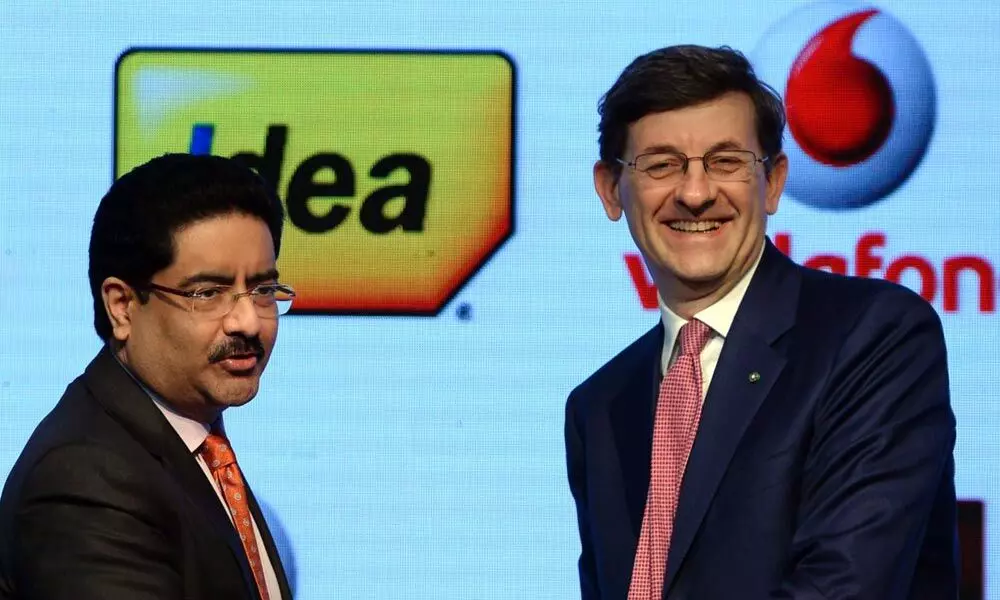Post-moratorium: 26% stake in VIL for govt likely
The four-year moratorium on regulatory payments eases the sectoral stress for now and provides meaningful near-term cashflow relief to Vodafone Idea (VIL)
image for illustrative purpose

New Delhi: The four-year moratorium on regulatory payments eases the sectoral stress for now and provides meaningful near-term cashflow relief to Vodafone Idea (VIL), analysts have said although they are divided over whether it would offer a permanent fix for issues faced by the ailing teleco. Some experts contended that government may end up holding a 'sizable' chunk (estimates varied from 26 percent to majority stake) in VIL at the end of moratorium period, if the telco opts to pay cumulative interest or annual installments by way of equity. Tariff hikes, argued many, would still be crucial for VIL, despite the relief measures announced.
The government on Wednesday approved a blockbuster relief package for the telecom sector that includes a four-year break for companies from paying statutory dues, permission to share scarce airwaves, change in the definition of revenue on which levies are paid and 100 per cent foreign investment through the automatic route. The measures, aimed at providing relief to companies such as VIL that have to pay thousands of crores in unprovisioned past statutory dues, also include the scrapping of Spectrum Usage Charge (SUC) for airwaves acquired in future spectrum auctions. "While four-year moratorium would ease immediate cash flow constraints for VIL, it will need to also raise $1 billion over next 6-9 months to repay its non-spectrum debt and ride through these four years with minimal capex," Credit Suisse said. While moratorium offers VIL a near-term cash flow relief, it may not fundamentally change the company's long-term debt issues, which are likely to re-surface post the end of moratorium, it said. Despite the moratorium and equity conversion of interest during the period, "VIL will need an ARPU (Average Revenue Per User) of Rs 240 by FY26 to meet Rs 330 billion (Rs 33,000 crore) of annual spectrum payments and AGR dues which will need to be repaid over the remaining tenure (there is no extension of overall repayment tenure)", it wrote in a note.

